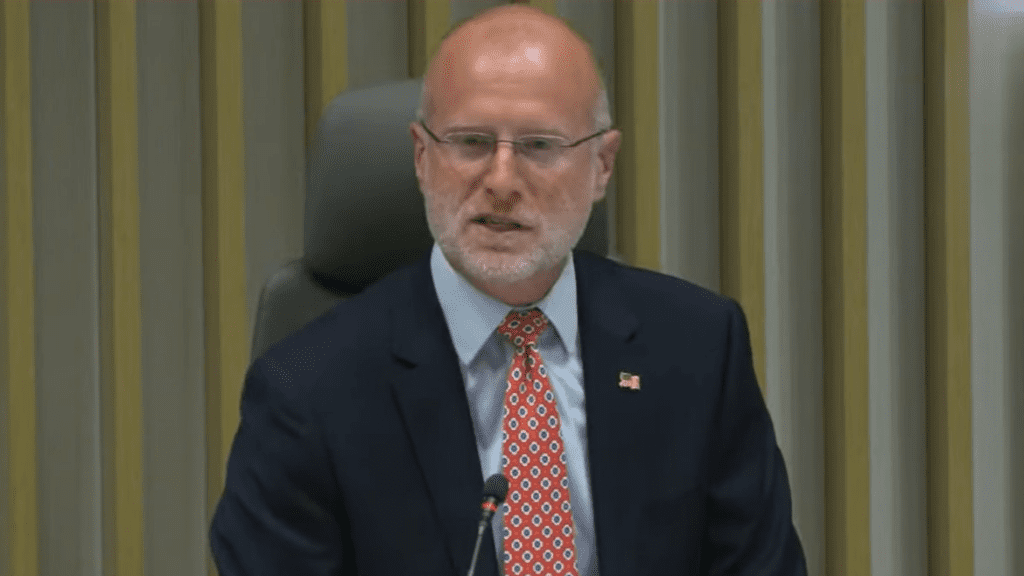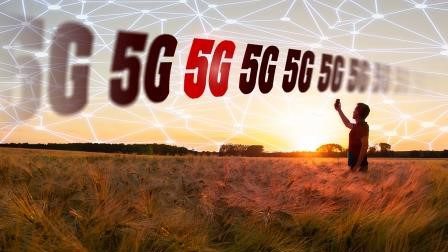Commenters Urge Flexibility While Creating SCS Regulatory Regime
Randy Sukow
|

Nearly everyone commenting on future Supplemental Coverage from Space (SCS), the proposed text communications between non-geostationary satellite orbit (NGSO) satellites and consumer cellphones over mobile phone spectrum, agrees the service will be in the public benefit. But some responding to the FCC’s recent Notice of Proposed Rulemaking differ on the level of involvement the FCC should play in regulating the service.
“The answer should be clear,” said SpaceX, operator the Starlink satellite Internet service. “Rather than impose outdated and overly prescriptive satellite regulations onto a hybrid network, the Commission has the opportunity to use the flexible licensing approach it pioneered to continue to lead the world in innovative new broadband technologies.” The company, which entered into an agreement with T-Mobile last year to develop SCS, favored rules that do not require satellite operators to become common carriers, and that rely on the existing cellular licensing rules. A less-flexible approach, it argued could affect the successful rollout of SCS service worldwide.
T-Mobile complained that the rules the Commission proposed in the NPRM are “unnecessarily complex and prescriptive.” The FCC should not propose specific cellular bands for SCS operations, but instead allow use of all terrestrial mobile bands with specific SCS spectrum leasing and interference-protection rules. The rules should not try to define geographic license areas but authorize SCS operations in areas where the satellite and mobile operators are under contract.
Others, such as EchoStar/Dish, called for greater caution in developing the rules. “The Commission must gather the facts now, on the front end, before authorizing satellite operators to offer SCS through spectrum leasing. Failure to do so risks unacceptable interference into existing services and could create market confusion that would delay adoption of this important technology, allowing other countries to take the lead,” said the company, which is a long-time provider of satellite TV service and currently is building a nationwide mobile phone network.
Some commenters focused on the benefits SCS potentially brings to rural areas. “Expanding satellite coverage to serve unserved areas would benefit the public. While the satellite coverage likely would not be able to provide the speeds, latency, and data throughput of a terrestrial network, it would at least provide consumers in these very remote areas with a very minimum level of broadband coverage,” said the Rural Wireless Association (RWA) said. However, the FCC’s proposal limits SCS transmissions to areas where a single mobile licensee holds all co-channel licenses in a “geographically independent area,” which would exclude some rural licensees. “The FCC should avoid this anticompetitive result by adopting a proposal that is more inclusive of other terrestrial wireless carriers provided interference can be prevented,” RWA said.
Other organizations that weighed in on the SCS proposals:
- SpaceX’s rival NGSO carrier OneWeb says there is no need for Part 25 licensing of mobile handsets communicating through SCS. “Following the principle that the rights to offer SCS should flow from the terrestrial entity’s license wherever possible, OneWeb suggests that the Commission consider if a separate Part 25 earth station license is actually necessary. There is not a need to recreate the Part 25 framework with separate licensing of earth stations/handsets from space stations unless doing so addresses an interference or control concern that is not otherwise managed through the space station authorization or terrestrial authorization.”
- The leading trade association for the wireless industry, CTIA, says SCS is an evolving market and will need regulatory flexibility to survive. It supports limiting SCS to communications between and satellite and mobile carriers under contract; waiving rules to targeted bands, and technical demonstrations the communications will not cause adjacent-channel interference to mobile service. “A transparent and predictable set of guidelines for case-by-case evaluation of SCS operations, as opposed to making new mobile satellite service spectrum allocations, will preserve the flexibility the Commission needs to support SCS as it continues to develop while providing sufficient guidance and safeguards needed to prevent harmful interference.”
- Some NRTC members offer broadband service to remote rural areas through the Viasat geostationary satellite orbiting (GSO) service. Viasat recently increased capacity for home internet by launching its Viasat-3 satellite. “The Commission should adopt a technology-neutral approach to SCS that enables both GSO networks and NGSO systems to seek authority under the framework … The NPRM fails to acknowledge that mobile-satellite service (MSS) has provided for decades using both GSO and NGSO satellites (including to handheld devices), and that Viasat and other operators have already announced plans to begin providing direct-to-device services from GSO satellites using spectrum already allocated for MSS in the near term.” (Emphasis Viasat’s.)
- Early SCS transmissions will be text-only, allowing for emergency communications from very remote areas. The FirstNet Authority oversees emergency communications over a nationwide public safety broadband network (NPSBN) in the 700 MHz “Band 14.” AT&T is under contract to operate and maintain the NPSBN. “Utilizing Band 14 to provide SCS for FirstNet users may present an opportunity to better support first responders and the communities they serve nationwide. Accordingly, the FirstNet Authority encourages the Commission to authorize SCS on Band 14 to preserve that possibility.”


